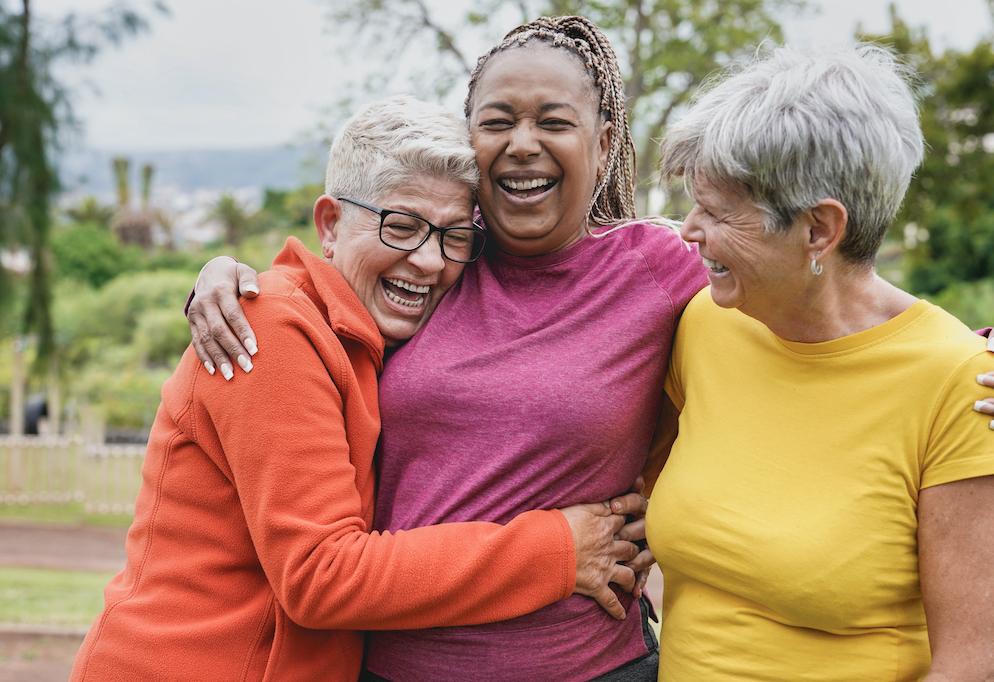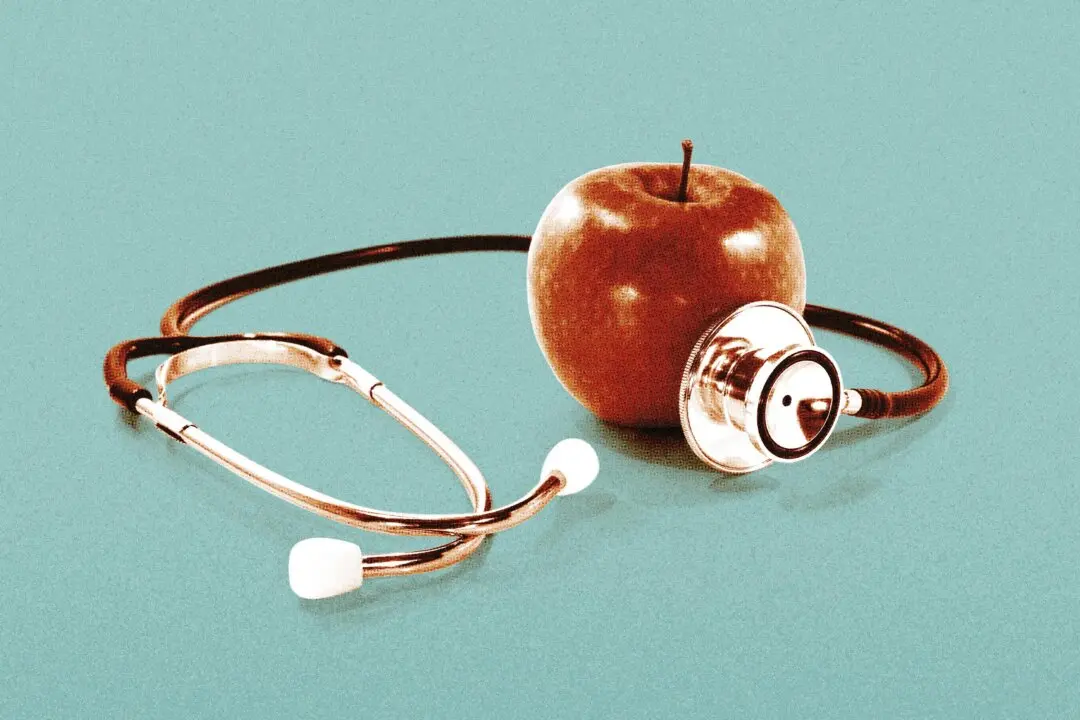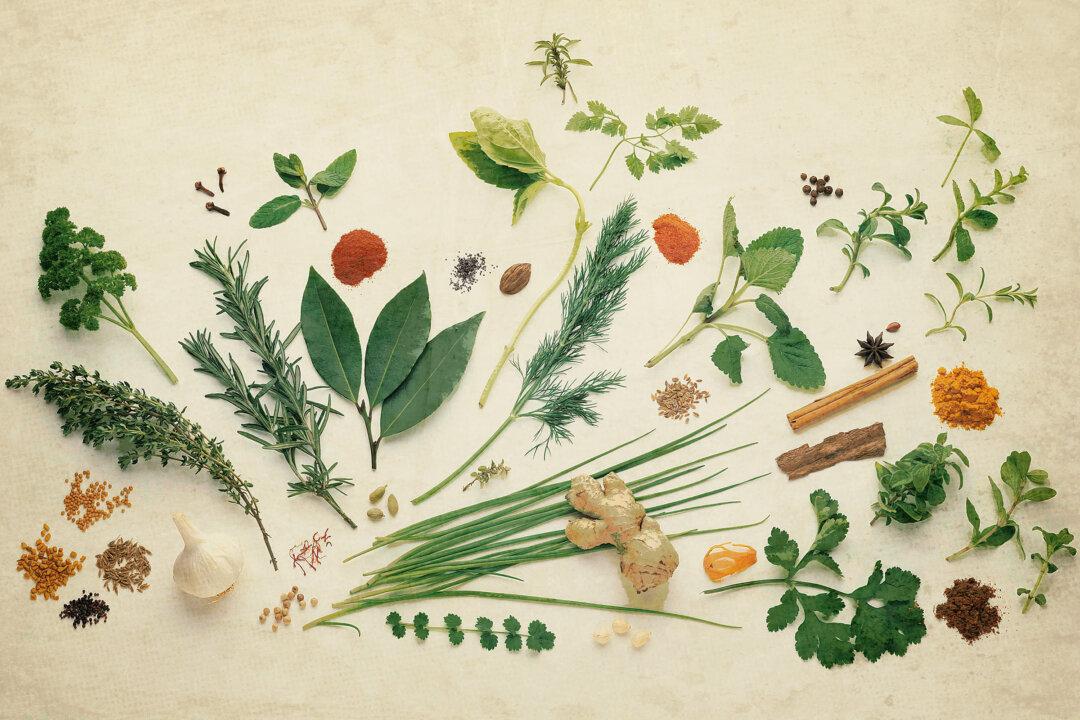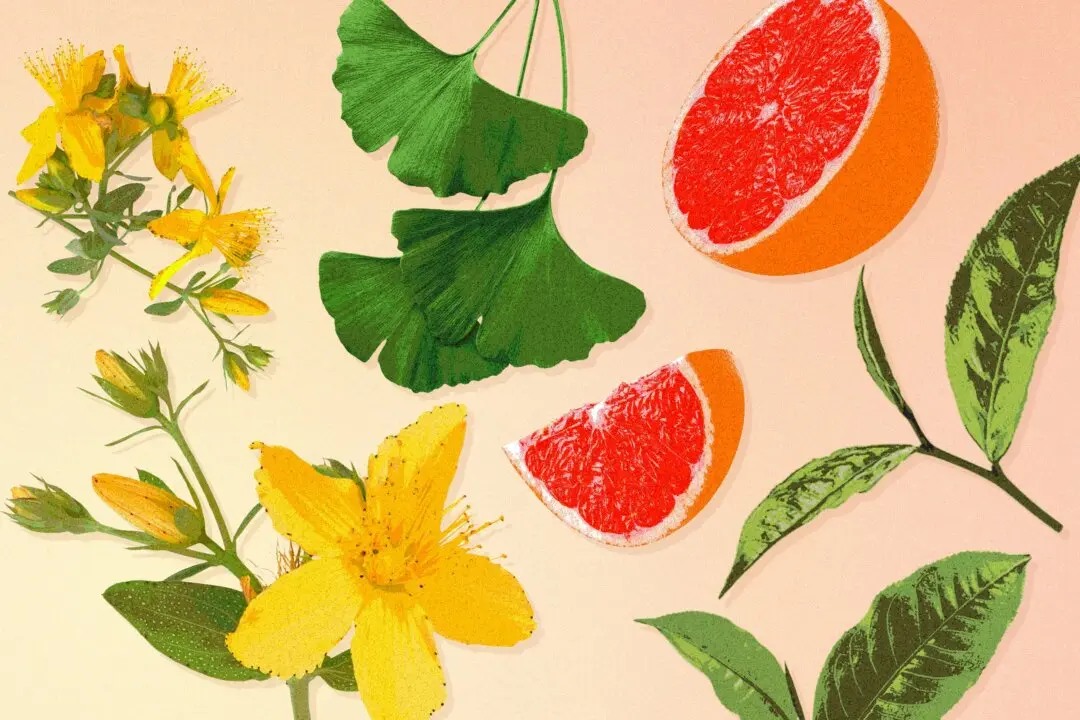I—and many of you I suspect—use this time of year to decide what we can do to have the best year possible. A new year represents new possibilities with unlimited potential. That said, 2021 was a tough year for a lot of us. So, as we bring in the year 2022, here’s a list of things we can do to support our collective health, happiness, and well-being—and give us the best shot at making it an awesome 2022.
Unplug
When was the last time that you were more than a few feet from your beloved cellphone? How long can you resist the siren sound of a new text message, email, or social media comment? Don’t worry, you aren’t alone. In fact, you’re in the overwhelming majority.There’s no doubt that technology is a powerful tool that can improve the lives of the people using it. Unfortunately, as many of us are discovering, it’s difficult to find the balance between using technology as a tool or succumbing to it as a crutch. This balance has been especially elusive since the emergence of COVID-19, simply because technology for many of us, has been the only way we’ve had to communicate and stay connected.






